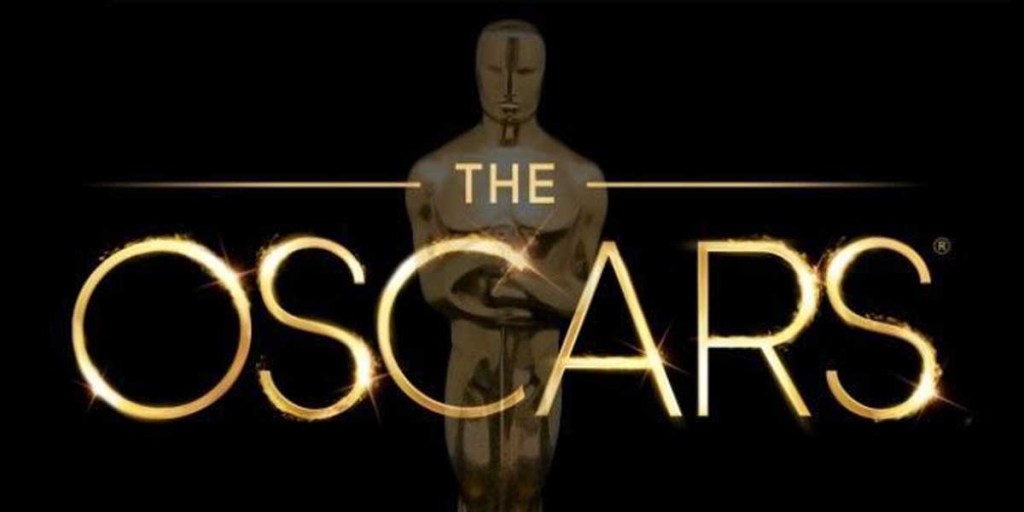Advocacy at the Oscars: When speeches become political moments
Published 9:00 am Friday, February 26, 2016
Academy Award acceptance speeches typically consist of tears of joy, mile-wide grins and cheers of “…you like me, you really like me!”
But for many of the winners, it’s an opportunity to make a call for action for issues that are important to them.
Trending
Here are some of the most memorable advocacy speeches from the Oscars:
Patricia Arquette
Patricia Arquette gave probably the most memorable advocacy acceptance speech of 2015 when she won the Oscar for Best Supporting Actress for her role in “Boyhood.”
Arquette took a moment to give a shout-out to givelove.org, an organization devoted to ecological sanitation to the developing world, before she moved on to a cry for gender equality.
“It’s our time to have wage equality once and for all and equal rights for women in the United States of America,” she said.
Halle Berry
Trending
In 2002, Halle Berry became the first — and so far only — woman of color to win an Academy Award for Best Actress.
Through tears and gasps, she honored the actresses who came before her who never had the opportunity to receive an Oscar during the award’s first 73 years.
“This moment is so much bigger than me,” she said. “This moment is for Dorothy Dandridge, Lena Horne, Diahann Carroll. It’s for the women that stand beside me, Jada Pinkett, Angela Bassett, Vivica Fox. And it’s for every nameless, faceless woman of color that now has a chance because this door tonight has been opened.”
Dustin Lance Black
Openly gay screenwriter Dustin Lance Black received the Academy Award for Best Original Screenplay in 2009 just months after California passed Proposition 8, a controversial amendment that aimed to ban same-sex marriage in the state.
The “Milk” writer and LGBT activist used his speech as a moment to offer hope, just like the country’s first openly gay politician to be elected, Harvey Milk, gave him.
“It gave me the hope that one day I could live my life openly as who I am and that maybe even one day I could get married,” he said. “…But most of all, if Harvey had not been taken from us 30 years ago, I think he’d want me to say to all the gay and lesbian kids out there tonight who have been told they are less than by their churches, or by the government or by their families, that you are beautiful, wonderful creatures of value.”
Michael Moore
Michael Moore’s 2002 documentary about gun violence and what he suggests were key causes of the Columbine High School shootings was a critical and commercial success. His Academy Award acceptance speech for the film, however, received much more heat.
The activist used his winning moment to criticize then President George W. Bush and the War on Terror.
“We live in a time when we have fictitious election results, that elects a fictitious president,” he said. “We live in a time when we have a man sending us to war for fictitious reasons.”
John Legend and Common
During their Best Original Song acceptance speech for their song “Glory” last year, musicians John Legend and Common drew parallels between the struggles for people of color during the civil rights movement and today’s society.
Common talked about how the Selma, Alabama bridge on which Dr. Martin Luther King Jr. and civil rights supporters marched went from a landmark of a divided nation to a symbol of change.
Legend said it’s an artist’s duty to reflect the times in which they live, and although the movie “Selma” was based on events 50 years ago, its message rings true today.
“When people are marching with our song, we want to tell you we are with you, we see you, we love you and march on,” he said.
Marlon Brando
When Marlon Brando won the Oscar for Best Actor for his role in “The Godfather,” he wasn’t there to accept.
Instead, he sent Native American Sacheen Littlefeather on his behalf to refuse the award.
“And the reasons for this being are the treatment of American Indians today by the film industry, excuse me, and on television in movie reruns and also with recent happenings that happened to me,” she said. “I beg at this time that I have not intruded upon this evening and that we will in the future, our hearts and our understandings will meet with love and generosity.”
Julianne Moore
Julianne Moore (finally) won an Academy Award in 2015 for her lead role in “Still Alice,” a film about a linguistics professor who grapples with her diagnosis of early onset Alzheimer’s disease.
She used the film’s subject matter to recognize struggles victims of the illness face.
“So many people with this disease feel isolated and marginalized and one of the wonderful things about movies is it makes us feel seen and not alone,” she said. “And people with Alzheimer’s deserve to be seen so we can find a cure.”
Dickey writes for the Anderson, Indiana Herald Bulletin.






